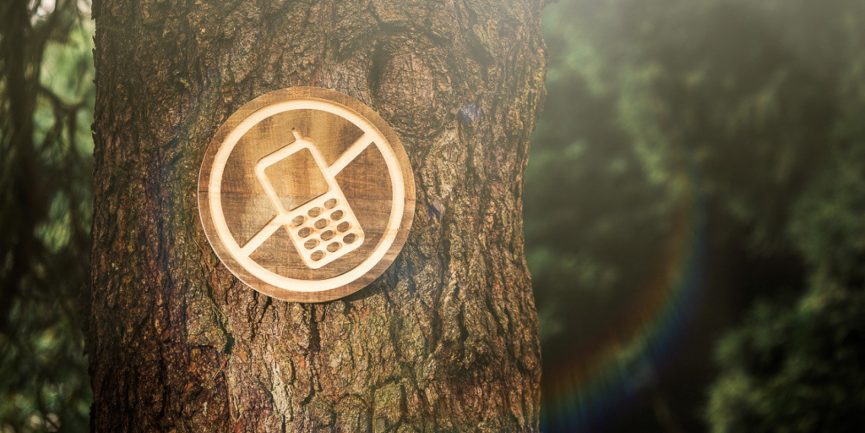

8 Sober Activities To Do in Pittsburgh
by Counseling and Wellness Center of PittsburghSeptember 12, 2022 addiction recovery, National Sober Month, sober life, Sobriety0 comments
National Recovery month is observed in September every year. It gives us the opportunity to celebrate Sober life, break down stigmas and bring awareness to addiction. The month serves as a celebration of the steps taking to improve access, information, and treatment. You can observe National Sober Month by spending it Sober. While that may seem simple enough, it may come as a...Learn More
7 Sober Activities To Do in Pittsburgh
by Counseling and Wellness Center of PittsburghSeptember 27, 2021 addiction recovery, Sobriety0 comments
National Recovery month is observed in September every year. It gives us the opportunity to celebrate Sober life, break down stigmas and bring awareness to addiction. The month serves as a celebration of the steps taking to improve access, information, and treatment. You can observe National Sober Month by spending it Sober. While that may seem simple enough, it may come as a challenge to...Learn MoreDo you have a problem with alcohol? Substance Abuse Treatment
by Counseling and Wellness Center of PittsburghDecember 11, 2019 addiction, addiction recovery, how to say no, quitting alcohol0 comments
Do you have a problem with alcohol? Substance Abuse Treatment Drinking problems affect a staggering 15 million Americans according to the 2018 National Survey on Drug Use and Health.
People are less likely to seek help for alcohol use addiction as there is little social stigma attached to alcohol consumption. Our culture tells us our alcohol use isn’t that bad. It is inaccurate to believe...Learn More
‘5 Awesome and Up-worthy Benefits of A Digital Detox’
by Counseling and Wellness Center of PittsburghJanuary 17, 2019 addiction recovery, counseling wexford, digital detox0 comments
‘5 Awesome and Up-worthy Benefits of A Digital Detox’
Mental clutter, anxiety, ‘fubbing’ and stress related disease are just a few of the human spoils which we can estimate are at least in some part perpetuated by our over-reliance on cell phones and digital solutions. The technology era is here and the evidence is within our aching and gnarled fingers, computer blurred-out...Learn More